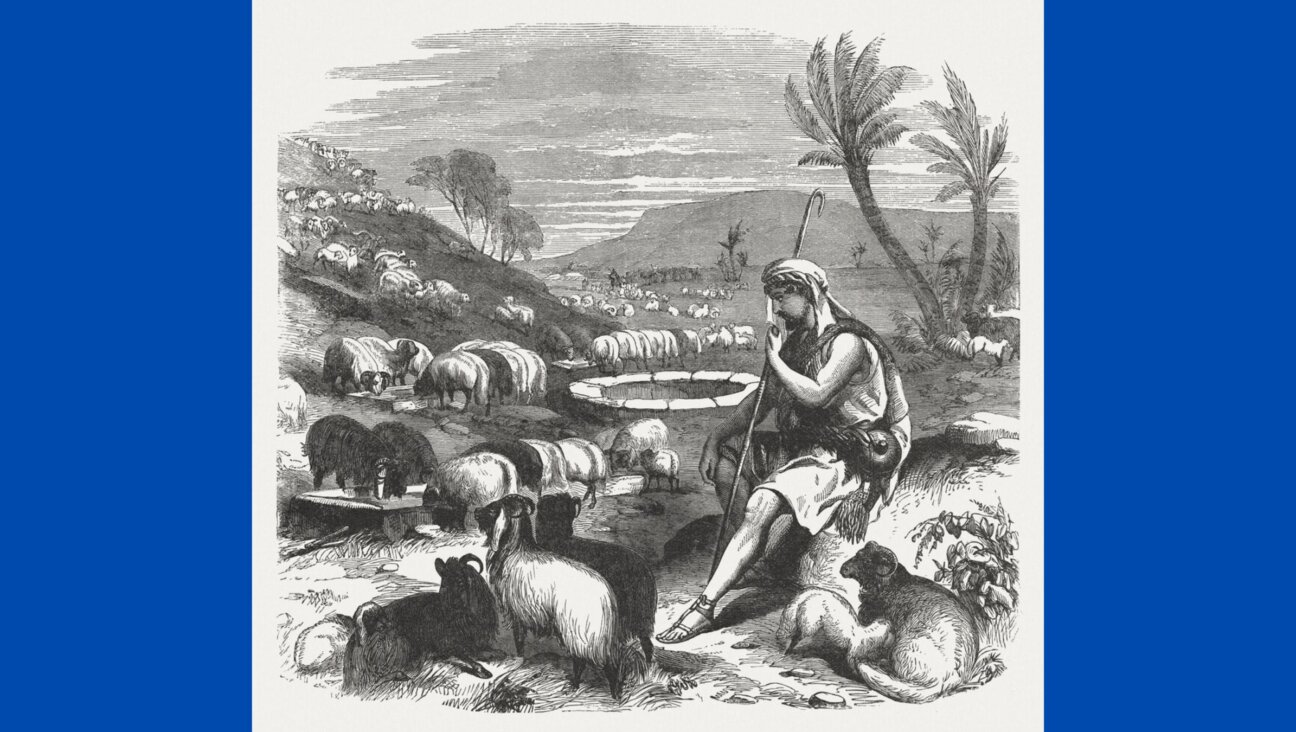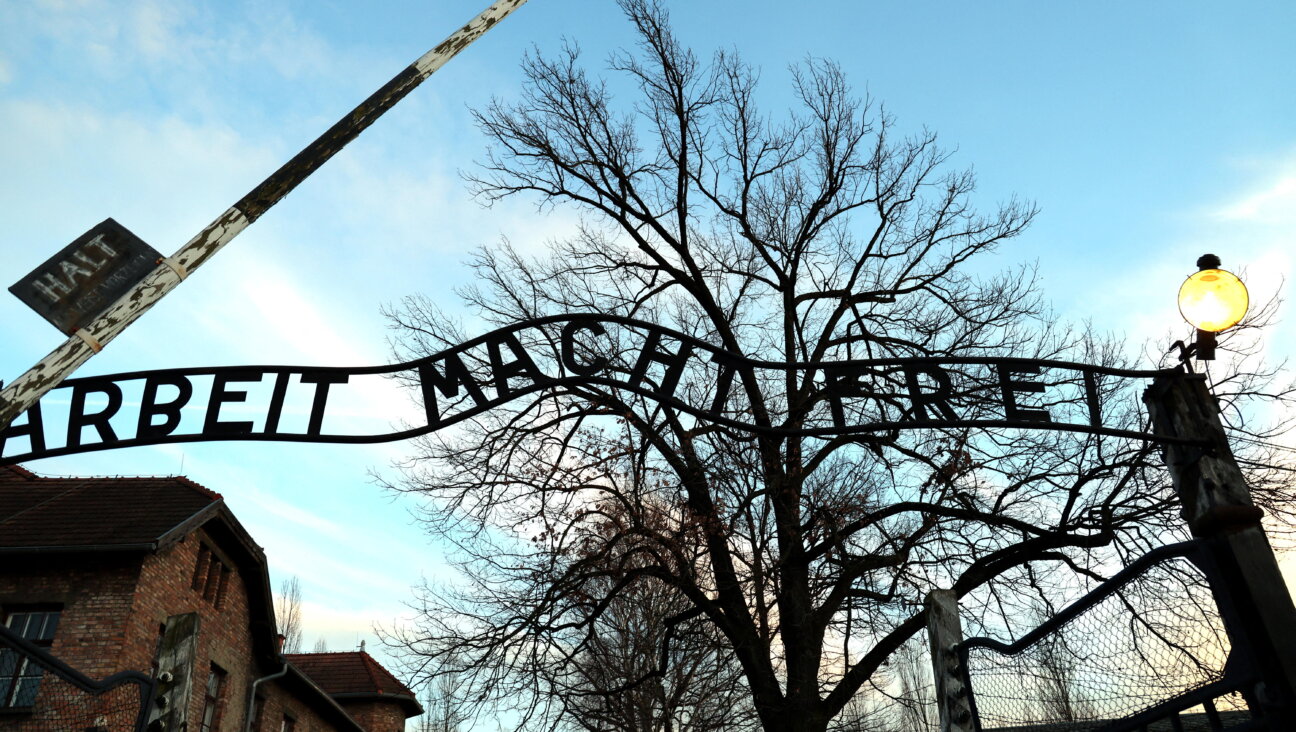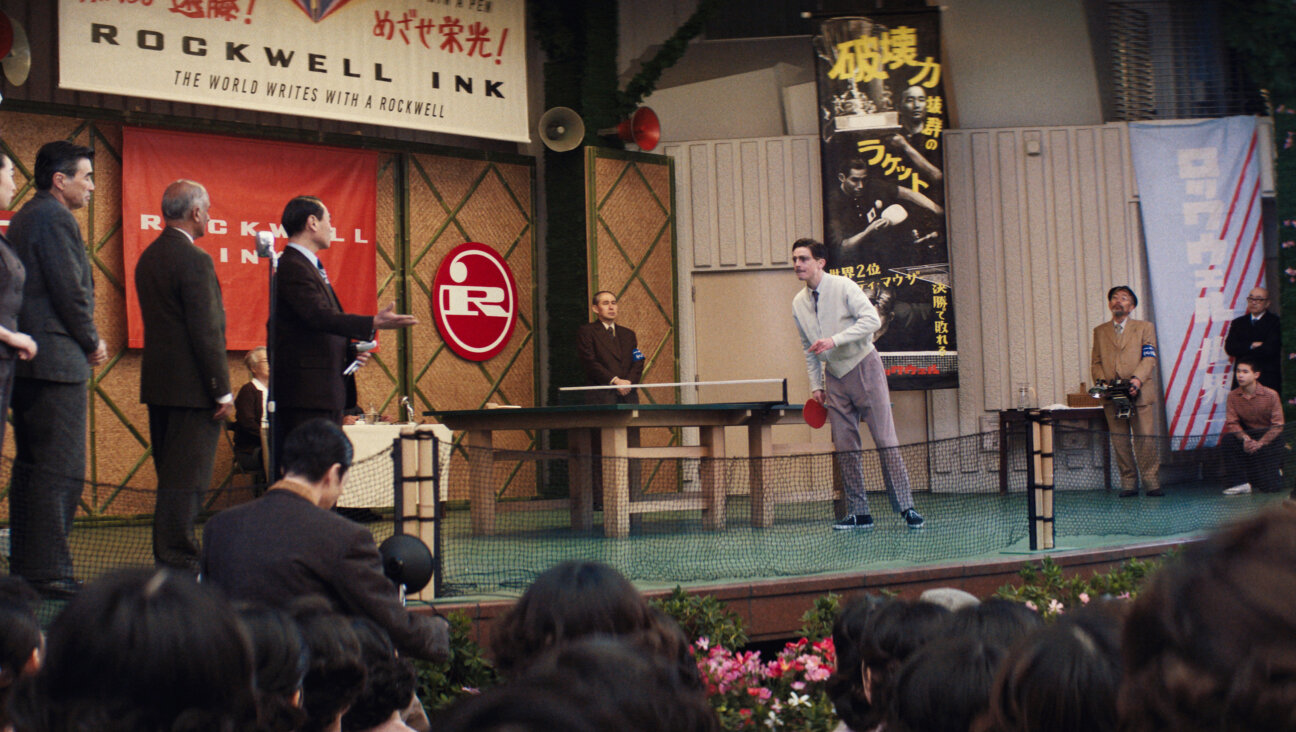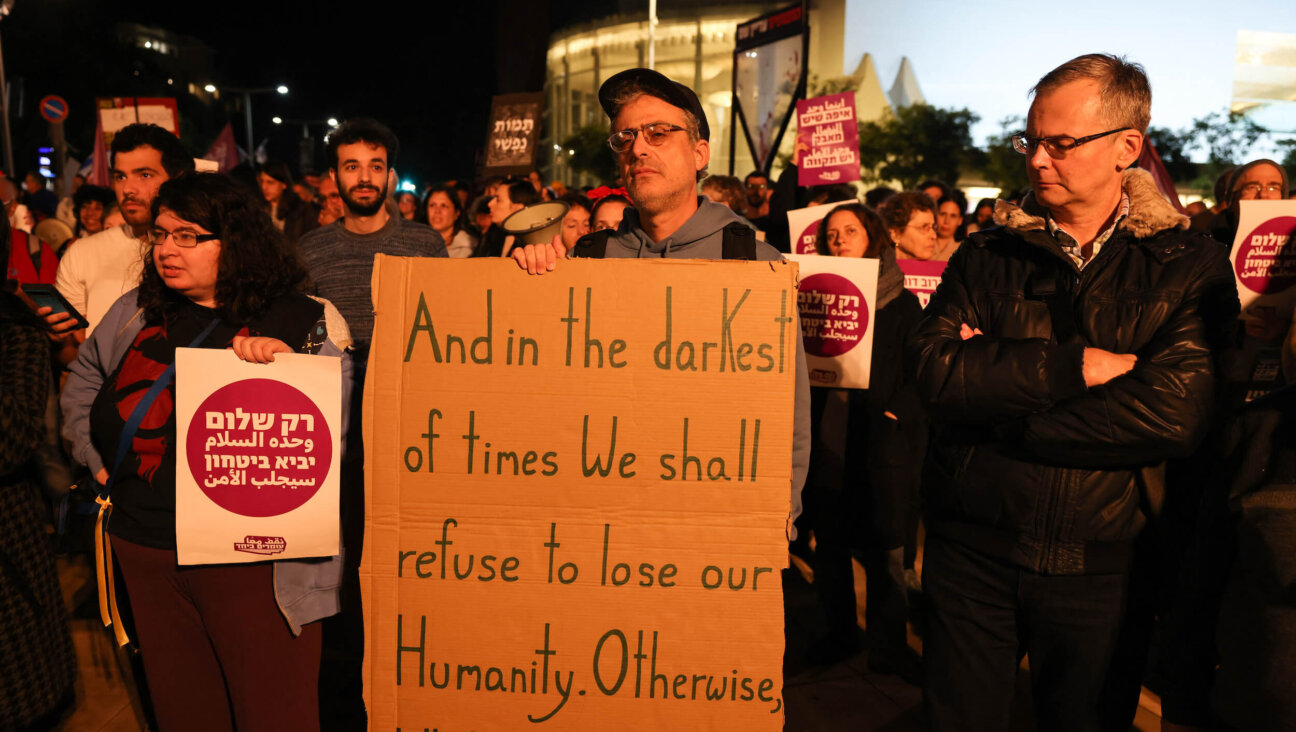The Enduring Mysteries of Raoul Wallenberg

Image by Getty Images
Raoul Wallenberg: The Heroic Life and Mysterious Disappearance of the Man Who Saved Thousands of Hungarian Jews From the Holocaust
By Ingrid Carlberg, with an introduction by Kofi Annan; translated by Ebba Segerberg MacLehose Press, 639 pages, $29.99
He was the multilingual scion of a powerful Swedish banking family, a gifted artist and architect, a businessman trading in zippers and groceries, and something of a ladies’ man. For all his talents, Raoul Wallenberg was neither the obvious nor the inevitable choice to head an American mission to save Budapest’s Jews from genocide.
Not even this impressive biography — a herculean research effort and labor of love by the Swedish investigative journalist Ingrid Carlberg — can fully penetrate the mystery of Wallenberg’s wartime heroism. Nor can it establish beyond a doubt exactly what happened after he was arrested in January 1945 by the Soviet military and consigned to the regime’s dank, forbidding prisons.
But Carlberg comes as close as anyone has, or probably can, to unraveling these conundrums. She especially excels at recounting the heart-breaking, decades-long quest of Wallenberg’s parents and siblings to find and free him — or at least to discover his fate.
At the same time, she reconstructs, in infuriating detail, the timidity and ineptness of the Swedish government in confronting the Soviet Union, particularly in the crucial early years after Wallenberg’s disappearance. Finally, Carlberg pinpoints the surprising role CIA-sponsored propaganda played in internationalizing the case, an effort that led to Wallenberg’s naming as this country’s second honorary citizen, after Winston Churchill.
The recipient of Sweden’s August Prize for nonfiction and the Axel Hirsch Prize for biography, “Raoul Wallenberg” has three sections, each posing an existential question. The first, “What Makes a Person?” covers Wallenberg’s early life. The second, “What Makes an Act Heroic?” takes up Wallenberg’s Hungarian mission, during which he created and issued “protective passports” and established Swedish safe houses to shelter thousands of Jews.
The third section, “What Determines a Person’s Fate?” is the most revelatory. Carlberg ushers us into prison cells where Wallenberg tapped out messages to fellow inmates, into diplomatic meetings characterized by Swedish submissiveness and Soviet stonewalling, and into the confidence of the Wallenberg family, whose courage in the face of agonizing inaction seems to have mirrored Wallenberg’s own.
Carlberg interrupts her mostly chronological narrative to present emotionally charged vignettes from her reporting, which took her to Hungary, Russia and other sites in the saga. At one point, she holds Wallenberg’s prisoner ID card in her hands. In a Budapest building, she sees furniture that he may have used and a painting riddled with bullet holes from the war. The narrative is framed by scenes in the Swedish home of Nina Lagergren, Wallenberg’s half-sister, that feature the antique tin toy soldiers that Wallenberg inherited from his father, who died before he was born.
Widowed at 21, Wallenberg’s mother, Maj Wising Wallenberg, later married Fredrik von Dardel, who would treat Raoul as a son. But it was his domineering paternal grandfather, Gustav Wallenberg, who largely financed and directed his education and early business ventures.
At his grandfather’s urging, Wallenberg earned a degree in architecture at the University of Michigan, where “he radiated presence, confidence and charm.” After his American sojourn, Wallenberg traveled to Cape Town, South Africa. There he worked for a timber and iron company. He went on to Haifa, where he interned at a bank.
But his grandfather died before introducing Wallenberg to his prestigious circle of business acquaintances, and Wallenberg’s cousins, though friendly, declined to offer him a full-time job in their banking empire. So when World War II broke out, Wallenberg helped train neutral Sweden’s Home Guard and teamed up with Kalman Lauer, a Hungarian Jew, in an import-export business.
Popular and sociable, Wallenberg threw great parties and dated ever-younger women. But he had a serious side, too: After a private screening of the movie “‘Pimpernel’ Smith,” about the heroic rescue of thousands of Jews, he reportedly said, “This is the kind of thing that I would like to do.”
When America’s War Refugee Board was searching for a Swedish envoy for a rescue mission, Lauer recommended Wallenberg (who happened to have a Jewish great-great-grandfather). “Perhaps it was because no one else dared to do it,” Carlberg writes, “or perhaps he was just the right man in the right place at the right time.”
When Wallenberg arrived in Budapest, in July 1944, as “legation secretary,” the Nazis had already deported and murdered hundreds of thousands of Hungarian Jews, leaving only the 200,000 or so living in the capital. At first, Wallenberg and his staff tried to strike a bureaucratic balance, issuing protective papers primarily to Jews with genuine family and business ties to Sweden. But after coming face to face with Nazi violence and Jewish suffering, Wallenberg abandoned such scruples, vowing to save everyone he could. He and his security patrols traversed the city, freeing Jews from forced labor, imprisonment and even deportation trains.
The successful Soviet invasion should have marked the end of the ordeal, or even a moment of triumph for Wallenberg. Instead, the Soviets arrested him as a suspected American spy, transported him to prison and interrogated him. A Soviet death certificate, dating to 1947, attests that he died in a cell of a heart attack, an unlikely scenario. Carlberg believes that he could have been executed then — or that he could have survived somewhat longer.
Over the years, as Carlberg discusses, sightings of Wallenberg proliferated, most of dubious validity. In 1961 a respected Swedish physician, Nanna Svartz reported that a Soviet colleague had told her that Wallenberg was alive, but in poor condition, in a Soviet mental hospital. Three decades later, a Swedish-Russian investigative committee that included Wallenberg’s half-brother, Guy von Dardel, spent 10 years poring over archival documents and interviewing witnesses, but could reach no consensus.
Wallenberg’s long-suffering parents never did find out what happened to their son. And they died too soon — in 1979, by suicide, Carlberg writes — to fully appreciate the renown that would eventually envelop his deeds and his name. To her credit, Carlberg captures not just the factual complexity but also the emotions involved in this troubling, tragic story.
Julia M. Klein, a cultural reporter and critic in Philadelphia, is a contributing editor at Columbia Journalism Review and a contributing book critic for the Forward. Follow her on Twitter, @JuliaMKlein

















